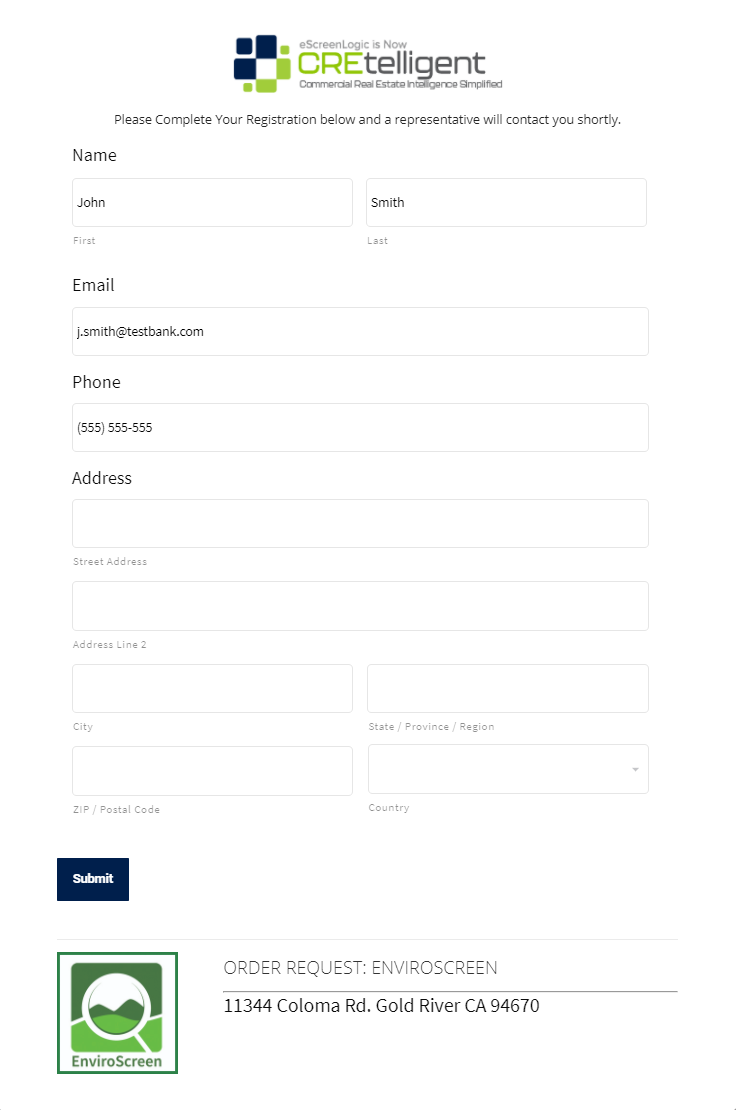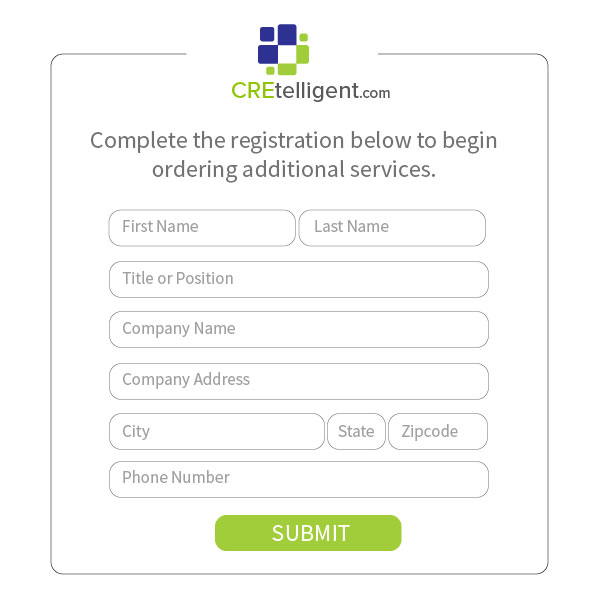The RSRA Report: Is Less Really More?
By: Scott Leonard | 3/25/20
While the Phase I Environmental Site Assessment (ESA) will always be the most thorough and reliable environmental due diligence product, not all loans require or warrant this level of scrutiny. One attractive due diligence alternative is the Small Business Association’s (SBA) Records Search with Risk Assessment (RSRA). While various vendors have tweaked the Scope of Work of the SBA’s RSRA and renamed these reports, they constitute inexpensive environmental desktop products that yield results in about three business days at a fraction of the cost of an ESA.
More than a Computer Generated Report.
To be clear, an RSRA is not a computer-generated list of regulatory agency codes with a Low/High risk rating attached. Such products exist and have their uses, particularly those that use algorithms, are constantly updated, and are reviewed by qualified Environmental Professionals (EP) to assure the accuracy of their automated risk ratings.
A true RSRA digs deeper and relies on human training, experience, and judgment. By SBA rule, an EP reviews and analyzes the regulatory agency data available within the same radius search mandated for Phase I ESAs. In addition, historical resources including aerial photographs, city directories, and fire insurance maps are consulted. The SBA further requires an Environmental Questionnaire. The EP reviews and analyzes these data to determine a risk opinion, ranking a property’s potential for environmental risk as either “Low” or “Elevated.” To satisfy the conventional lending community’s demand for risk opinions with greater nuance, the most sophisticated desktop products rank risk along a graduated scale. If additional assessment is recommended, some environmental consulting firms will apply the cost of an RSRA towards a subsequent Phase I ESA Report.
The SBA imposes two requirements on lenders utilizing RSRAs: 1) the loan amount must exceed $150,000; and 2) the property type cannot be listed as one of the North American Industry Classification System’s (NAICS) Environmentally Sensitive Industries. Further, the SBA requires a Phase I ESA when a business sells, supplies, or dispenses fuel, gas, heating oil, or liquified petroleum (LP) gas, even if the NAICS code for that business does not specifically identify it as an Environmentally Sensitive Industry.
A Shift From The Standard.
In practice, many non-SBA lenders and environmental consultants deviate from the SBA standard. For example, many lenders do not require Environmental Questionnaires of their clients. Lenders with a greater appetite for risk may be satisfied with less extensive historical research than their more cautious competitors. In addition, some environmental consultants offer RSRA-like products that differ from the SBA standard. Risk managers need to consider carefully the scope of work detailed in the desktop due diligence products they utilize to assure that these products satisfy their institutions’ internal due diligence policies.
RSRAs can provide considerable confidence for properties with low risk profiles (e.g. undeveloped land, guest services properties, and most multi-family residential properties) and do so at a fraction of the cost and time of a traditional ESA. For this reason, RSRAs are attractive to lenders and investors who wish to monitor shifts in the risk profiles of assets in their portfolios.














